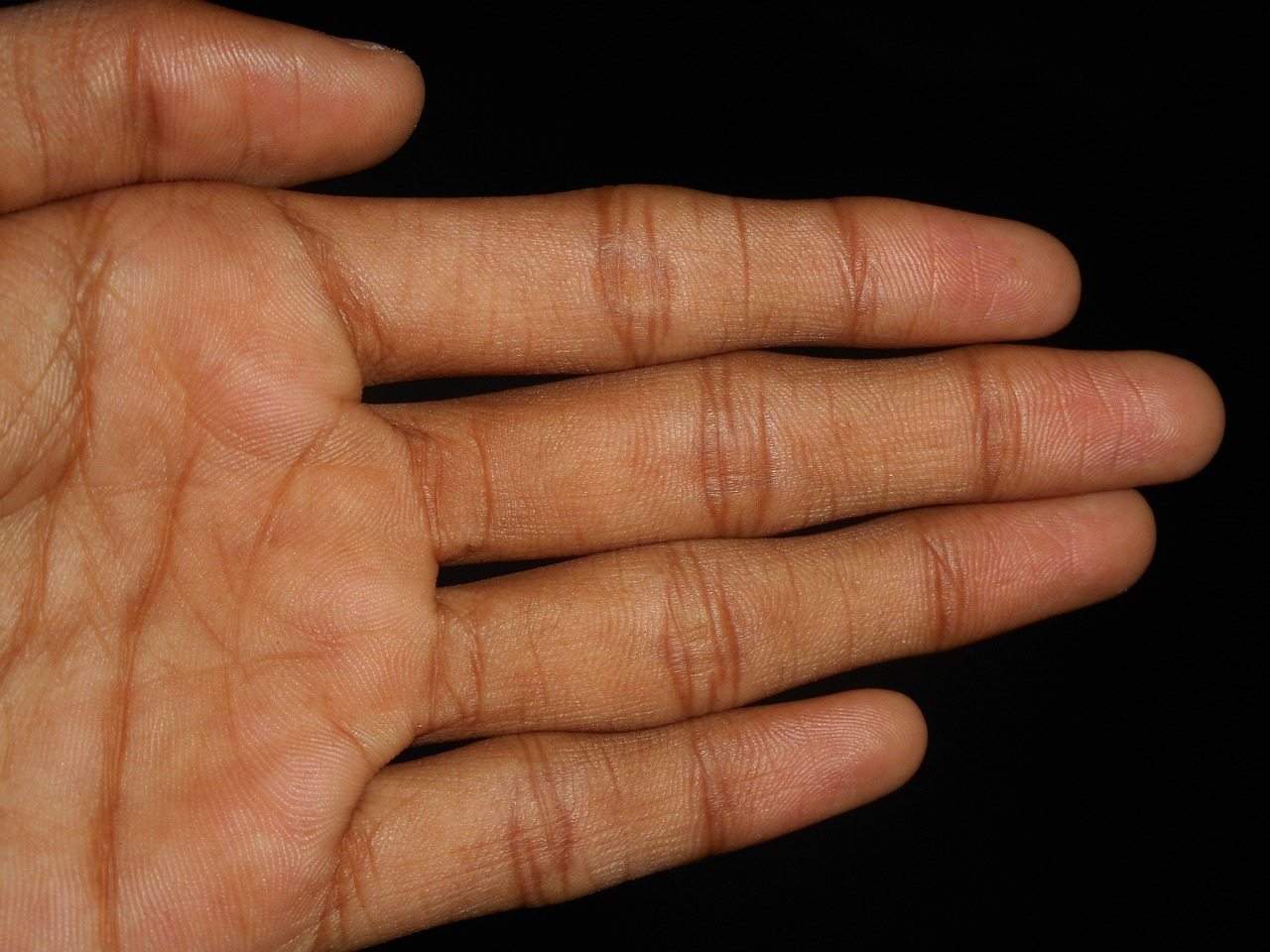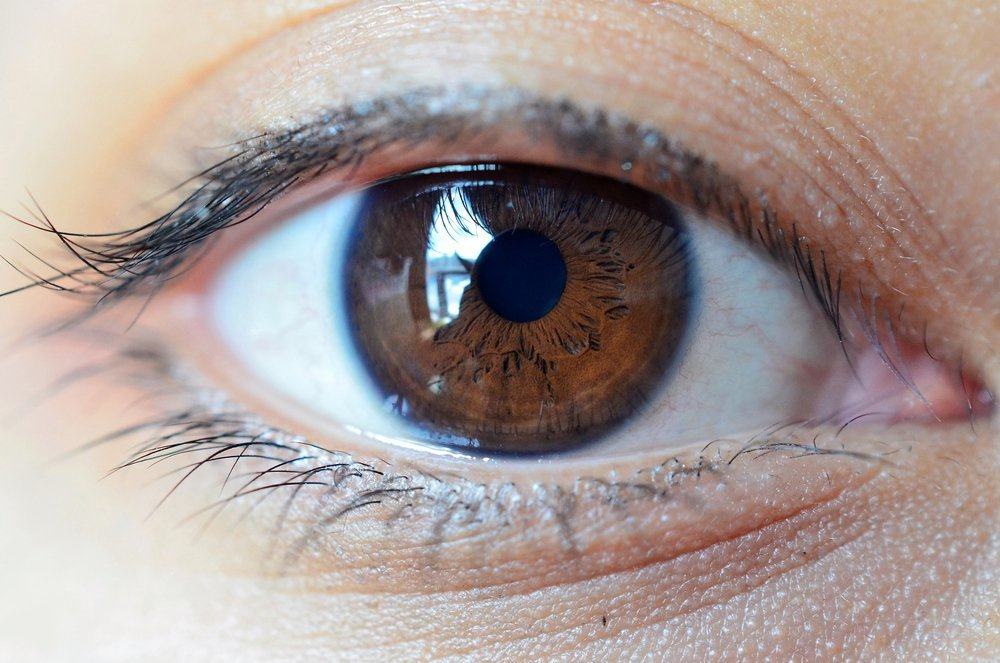Contents:
- Medical Video: The 0 to 3 Month Baby Communication Milestones to Look For
- Hearing development stage
- Your role
- What you need to worry about
Medical Video: The 0 to 3 Month Baby Communication Milestones to Look For
Your baby can hear clearly since he was born. In fact, he can hear your voice and other sounds while still in the womb.
As they grow, babies use their ears as the main tool to get information about the world around them. Hearing also makes it able to learn languages and stimulate brain development. Therefore, it is very important to identify and deal with hearing problems in infants as early as possible.
Your baby will undergo a hearing examination not long after his birth. After that, the doctor will conduct a hearing examination at each baby examination.
The inner ear has developed perfectly since pregnancy entered the 20th week, and your baby is born with perfect hearing - so your baby is ready to hear and learn from birth.
Hearing development stage
In the first 6 months of your life, your baby is able to:
- Noticing voices since he was born into the world, especially high-pitched voices
- Responding to unfamiliar voices (such as the voice of his mother and father) and perhaps feeling shocked when he heard a sudden loud noise
- If your baby is sensitive, he will look surprised every time he hears a sound, but if your baby is calmer he will be able to receive various sounds calmly too
- Silent when he heard a familiar voice, maybe even responding by making a sound that sounded like "uhh".
- Look directly at you when he hears your voice, and tries to answer by making a loud noise
Your baby may also be able to:
- React with enthusiasm when you hear a sound
- Smile when you hear your voice
- Start paying attention to the movements of your lips when you talk, and try to imitate you
- Start talking consonant sounds like "m" and "b"
- Be aware of where the sound comes from and can bring your eyes or head to the sound
- Responds to a soft and slow voice, provided he is not busy with anything else.
Your role
To help your baby's development, find ways to make him hear various kinds of sounds. Talk to him and read a fairy tale to your child, starting from the time he was born. No need to wait until he understands. Even when a baby is only a few weeks old, hearing your voice can help develop his ears and learn languages. Facts prove that talking to babies by varying their tone of voice, using different accents, singing, and making sounds will make your connection and baby's connection tighter and baby's development more stimulated. Plus, the more you talk and read for him, the more voice and words he learns in preparation to learn to speak.
Your baby has a sensitive sense of hearing, and he is very attentive to the sounds around him. He has been able to distinguish many different voices. Like most newborns, your baby will probably show his love for human voice compared to other sounds. Talk gently to your baby, and this will stimulate his sense of hearing in ways that he can enjoy more. If you hear your baby making some sounds, copy the sound and wait until he makes another sound. With this, you teach valuable lessons about tone of voice, speed of speech, and how to communicate with others.
Your baby will be happy with a variety of sounds and music, so don't just limit it to children's songs. Listen to your favorite song to baby baby.
You might find your baby likes certain sounds and music compared to other sounds and music, because he is developing his own taste. Don't be surprised if the sound of a bell or clock ticking can also entertain your baby.
Read something to your baby. No matter how small your baby is, he will still pay attention to whatever you say. Hearing you speak will help your baby develop the language skills he has.
What you need to worry about
If your baby does not respond to loud noises with a shocked reaction or has never been seen responding to your voice during the first month, tell your pediatrician so that he can make sure your baby does not have the potential for hearing loss.
It is very rare for babies to have hearing problems, but sometimes this can happen, especially if:
- Your baby is required to enter the neonatal unit after birth
- You have rubella, toxoplasmosis, or cytomegalovirus during pregnancy
- There is a history of hearing loss in your family
- Your baby is born prematurely or with a light weight
Hello Health Group does not provide medical advice, diagnosis or treatment.











